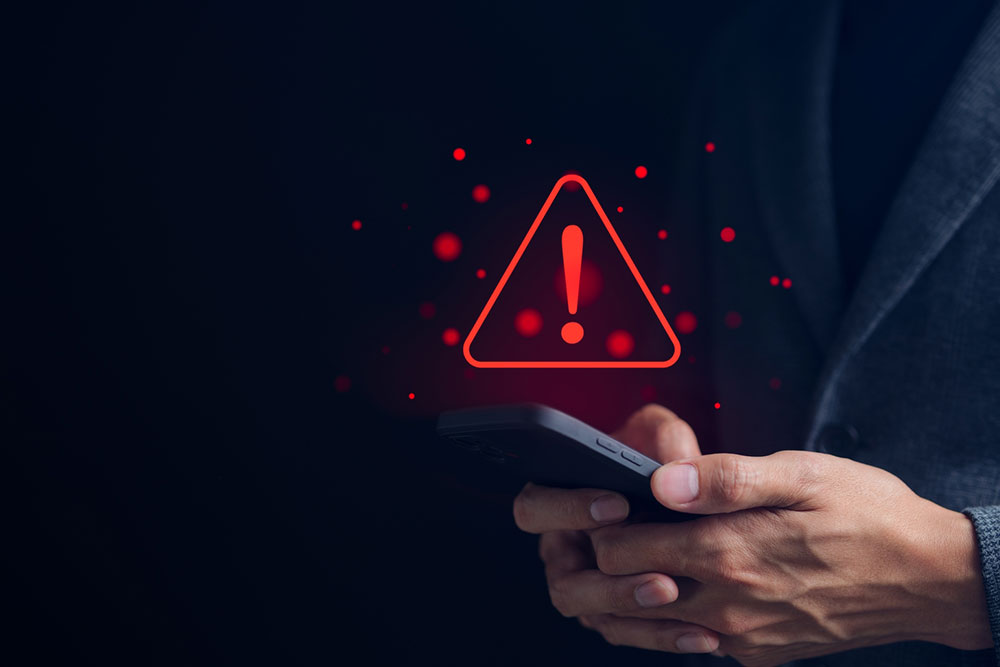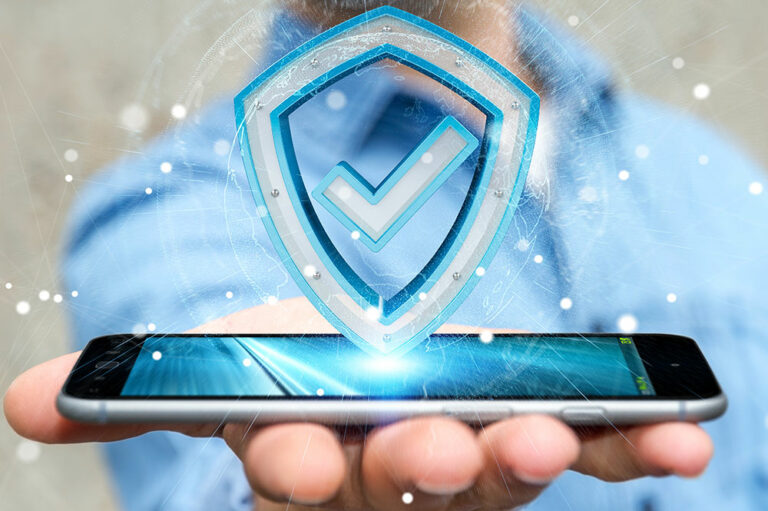8 mistakes to avoid while browsing the internet

The internet is indispensable to daily routines, so much so that a few minutes spent offline could disrupt personal and work tasks. After all, the web is home to information that was previously limited to libraries. And yet, this vast space is not always safe, making sensitive information vulnerable to unauthorized access if users do not take proper precautions. So, here are a few mistakes to avoid when using the internet:
1. Opening multiple tabs
The processing power of computers lets users multitask only to a certain extent. So, irrespective of what type of setup one has at home, they must avoid opening multiple tabs on their browsers unless absolutely necessary. Doing so could lead to a lot of data being processed in the background, which may slow down the computer.
2. Using older versions of browsers
A common mistake to avoid when using the internet is not updating the browsers. Older versions of browsers could be vulnerable to phishing and spyware attacks. So, it is essential to update to the latest version that may come with bug fixes and upgrades to prevent cyber attacks.
3. Not using a VPN
A virtual private network (VPN) is an overlooked tool when using the internet. While one may take precautions to avoid cyber threats, they might still be vulnerable to data theft when connecting to an unsecured public network. A VPN masks the computer’s IP address on open networks, helping stop hackers from gaining access to the device.
4. Using one password for all accounts
Using the same password for social media, email, and banking accounts is a common move, which can be one of the biggest mistakes. This is because all it would take is for the hacker to get hold of one password to access all of these accounts. So, one must never repeat passwords and use iterations such as those with uppercase, lowercase, and special characters to create strong passwords for each account.
5. Accepting all cookies
Cookies are tasked with tracking a user’s browsing activity. While this could help open web pages faster and get quick recommendations, accepting all cookies might not be the best idea. Sometimes, cookies on spurious websites are created by hackers to give them access to private browsing history. So, one must always check the website and the requested permissions before accepting cookies.
6. Clicking on unverified links
One may come across random links in their mail or direct messages on social media. Certain links could expose devices to spyware and ransomware attacks. So, instead of clicking on these links, one should report these messages to the relevant authorities and delete them soon after to prevent data theft.
7. Neglecting two-factor authentication
Two-factor authentication may seem time-consuming; however, setting it up is one of the best ways to secure social media, banking, and other online accounts. The two-factor authentication protocol sends a prompt to an associated primary device each time an account requests access. If the user has not attempted to sign in, they can easily block access and prevent unauthorized usage.
8. Oversharing online
With vlogging and other forms of social media sharing being more common than they have ever been, it is important for one to take precautions not to share personal information like banking details, residential addresses, vehicle numbers, and so on. Avoiding this mistake could help protect oneself from identity theft.



